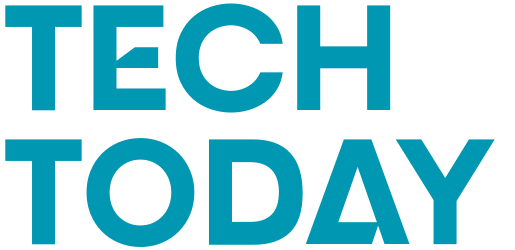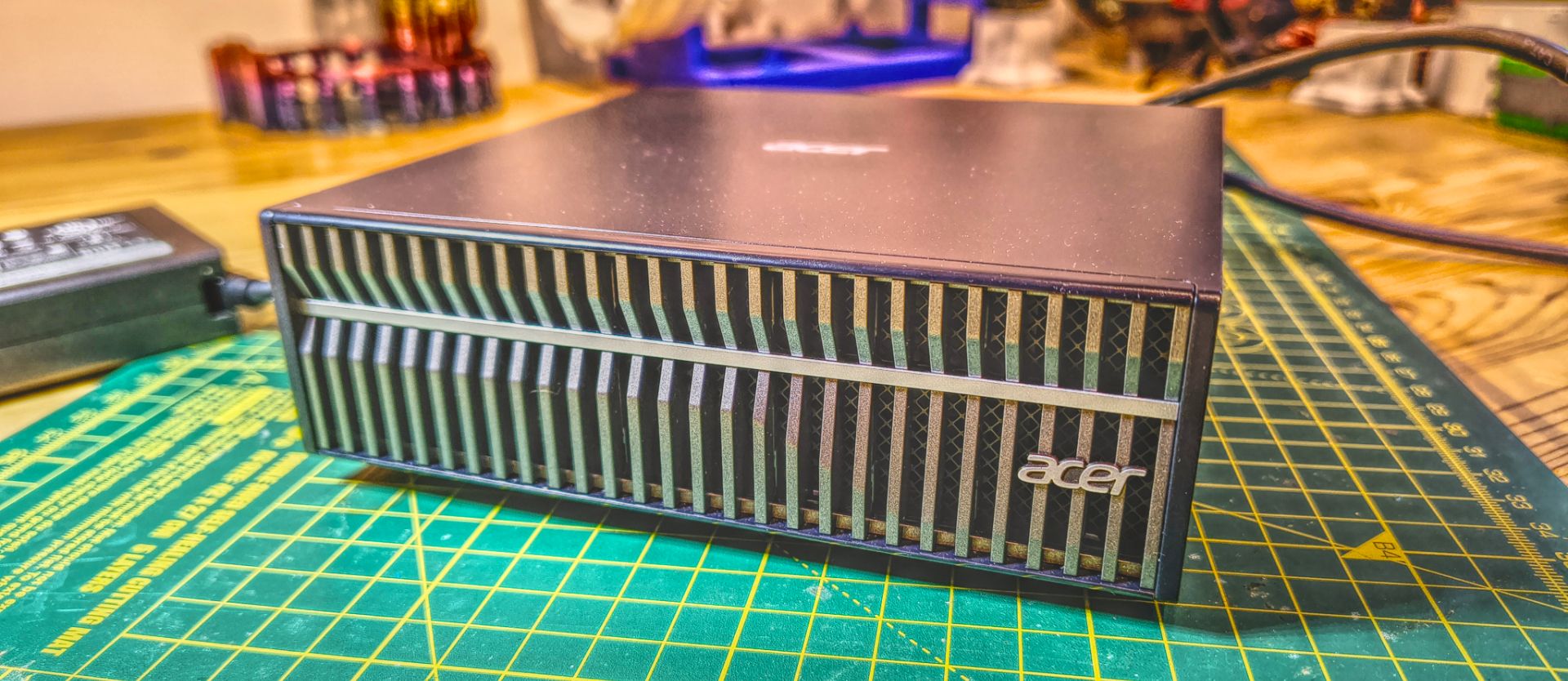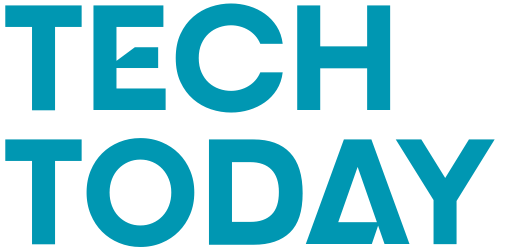Since launch in July, Agnes AI, a Singapore-born AI platform, has garnered over 2 million registered users worldwide, with daily active users reaching 150,000 — roughly half of them from Southeast Asia. The platform is demonstrating a remarkable growth trajectory and is reshaping the competitive global AI landscape.
Led by a team anchored in Singapore’s research ecosystem and founded by a Raffles Institution alumnus and National University of Singapore (NUS) AI PhD, Agnes has developed a fully proprietary 7B state-of-the-art (SOTA) model, positioning itself as a shining example of Singapore’s ambition in the global “sovereign AI” movement.
The team is now preparing to train its next-generation, larger-scale model locally, alongside completing a tens of millions of dollars funding round, a key step in strengthening Singapore’s AI capabilities.
From Raffles Scholar to AI Entrepreneur: The Singaporean Dream
Global AI development is shifting from purely computing power competition to sovereign capability competition. From ASML’s investment in Europe’s AI company Mistral to national AI initiatives in the Middle East and Japan, countries are now prioritising local AI autonomy.
Agnes’s success is grounded in Singapore’s strong talent pipeline, research culture, and engineering expertise.
Founder Bruce exemplifies this pathway. After attending Raffles Institution, he pursued dual degrees in Mathematics and Computer Science at UC Berkeley, studying under a Turing Award-winning professor and graduating with high honours ahead of schedule. He later worked at Microsoft and LinkedIn, and co-founded a Silicon Valley startup that achieved over millions downloads.

During the COVID-19 pandemic, Bruce returned to Singapore to pursue a PhD in AI at NUS, a move that laid the foundation for Agnes. There, he rapidly built a local AI team, drawing talent from NUS, Nanyang Technological University (NTU), and international institutions such as MIT, Stanford, and UC Berkeley.
With a local base but global perspective, the team’s mission is clear:
“To build AI that originates in Singapore, serves Southeast Asia, and competes on the global stage, while strengthening Singapore’s autonomy in next-generation AI.”
Explosive Growth: 2 Million Users Since Its Launch in July
Since its Product Hunt launch on 4 July 2025, Agnes has achieved 2 million registered users and 150,000 DAU. Approximately 50% of users are from Southeast Asia, and the app has consistently ranked in the Top 10 productivity tools across Google Play stores in the Philippines, Vietnam, Indonesia, and other markets.

Agnes is an all-in-one AI assistant, integrating Search, Research (Deep Research & Wide Research), AI Slides, AI Design, and Collaboration features.
Its success is not due to stacking multiple tools, but to embedding AI seamlessly into productivity and creative workflows, making AI accessible for everyone.

Users can move from AI research to content and slide creation in one interface, avoiding the friction of switching between apps. After generating slides, Agnes automatically creates a shared workspace, allowing team members to edit, annotate, and refine content collaboratively with AI support.
“This seamless workflow addresses key productivity challenges,” a user commented.
“Agnes’s speed and quality in complex tasks like slide generation outperform competitors, and team collaboration has improved several-fold.”
Agnes’s functionality now spans personal, academic, and enterprise use cases.
Proprietary Agnes-R1 Model Delivers SOTA Performance
Powering Agnes’s seamless product experience is its fully proprietary and locally controllable AI technology stack. With Singapore’s unique advantages in geography, policy support, and talent development, Agnes stands out not only as a product company but as a research-driven innovation powerhouse.
Supported by top-tier academic talent from the National University of Singapore (NUS) and Nanyang Technological University (NTU), the Agnes team demonstrates full-stack innovation capabilities from theoretical frameworks to end-to-end system implementation.
Unlike many AI tools that rely heavily on overseas open-source models, Agnes chose to build its own model architecture entirely from the ground up. Its proprietary 7-billion-parameter model, Agnes-R1, has achieved State-of-the-Art (SOTA)performance among its peers. The model’s strong token efficiency, reasoning speed, and output quality have been rigorously validated across real-world commercial use cases.
Designed for orchestration, research, and presentation generation, Agnes-R1 delivers SOTA-level performance on a smaller model scale while maintaining training stability and consistent reward optimization enabling scalable, cost-efficient performance gains.
On multiple QA (Question Answering) benchmarks, the Agnes-R1 7B model outperformed comparable systems by 34.1%, and surpassed previous 14B models by nearly 9% on complex multi-hop reasoning tasks such as HotpotQA, all while maintaining outstanding training stability.
These findings are detailed in the team’s paper “Stable and Efficient Policy Optimization for Agentic Search and Reasoning (DSPO)”, which has been submitted to ICLR 2025 and published on arXiv. Paper link
Continuous Breakthroughs in Multi-Agent Research
Beyond model innovation, the Agnes team has also made notable progress in multi-agent systems — a key area shaping the future of AI collaboration. Its paper, “CodeAgents: A Token-Efficient Framework for Codified Multi-Agent Reasoning in LLMs”, introduces a code-first prompting framework that enables structured and token-efficient planning in multi-agent environments. This approach provides a scalable pathway for commercialising AI collaboration systems. Paper link

Another study, “ADR-Driven Development of a Multi-Agent Workspace for Productivity and Coordination,”presents an Agentic Office System (AOS) — a large-language-model-based multi-agent workspace designed to address fragmentation and coordination challenges in modern knowledge work. Paper link

Meanwhile, “Toward Effective AIGC for Marketing: A Theory-Driven System Design and Empirical Evaluation”proposes a theory-based AIGC framework for marketing image generation, integrating visual marketing principles with diffusion models.
Built on a multi-agent architecture — comprising prompting, generation, and evaluation agents — the system ensures diversity, authenticity, and theoretical alignment of generated marketing content.
Together, these research milestones reflect Agnes’s unique position as a company bridging academic research and industrial innovation, showcasing Singapore’s growing strength in building homegrown, sovereign AI capabilities.
Building Singapore’s Sovereign AI Capability
Following the success of Agnes-R1, the team is now preparing to train a larger-scale next-generation model locally with NUS and NTU.
Strong market growth and a high-caliber team have attracted investor interest. Agnes is completing tens of millions of dollar funding round to support model scaling and international expansion.
Just as Europe invests in Mistral via ASML to develop regional AI independence, Singapore’s NAIS 2.0 strategy aims to establish the country as a global hub for AI innovation and governance.
Agnes exemplifies how locally built, self-reliant AI systems can combine research, policy, and industry, contributing to Singapore’s sovereign AI ecosystem.
With next-generation models underway, this Singapore-born AI rising star could redefine the global AI landscape.













